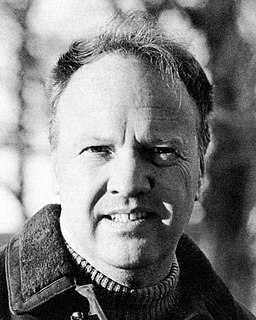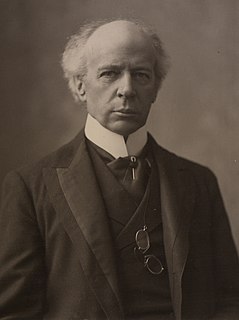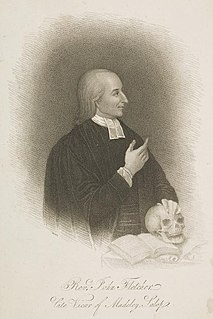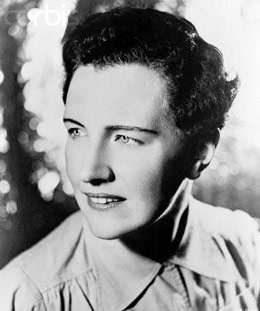A Quote by Lord Byron
I should be very willing to redress men wrongs, and rather check than punish crimes, had not Cervantes, in that all too true tale of Quixote, shown how all such efforts fail.
Related Quotes
I prophesy in the name of the Lord God of Israel, unless the United States redress the wrongs committed upon the Saints in the state of Missouri and punish the crimes committed by her officers that in a few years the government will be utterly overthrown and wasted, and there will not be so much as a potsherd left . . .
Experience has shown us that attempts to control the Internet will invariably fail. We should be instructed by the failed efforts of China to regulate political content, the efforts of America to regulate Internet gambling, or the efforts of Australia to regulate certain speech. By its very nature, the Internet will always resist such controls.
Crimes were committed to punish crimes, and crimes were committed to prevent crimes. The world has been filled with prisons and dungeons, with chains and whips, with crosses and gibbets, with thumbscrews and racks, with hangmen and heads-men — and yet these frightful means and instrumentalities have committed far more crimes than they have prevented.... Ignorance, filth, and poverty are the missionaries of crime. As long as dishonorable success outranks honest effort — as long as society bows and cringes before the great thieves, there will be little ones enough to fill the jails.
The perspective that law enforcement is presenting seems to be a very narrow one that's focused very, very heavily on investigations of past crimes rather than on preventing future crimes. It's very important for policymakers to take that broader view because they're the ones who are trusted to look at the big picture.
All of that is true,’ responded Don Quixote, ‘but we cannot all be friars, and God brings His children to heaven by many paths: chivalry is a religion, and there are sainted knights in Glory.’ Yes,’ responded Sancho, ‘but I’ve heard that there are more friars in heaven than knights errant.’ That is true,’ responded Don Quixote, ‘because the number of religious is greater than the number of knights.’ There are many who are errant,’ said Sancho. Many,’ responded Don Quixote, ‘but few who deserve to be called knights.
But I'd rather help than watch. I'd rather have a heart than a mind. I'd rather expose too much than too little. I'd rather say hello to strangers than be afraid of them. I would rather know all this about myself than have more money than I need. I'd rather have something to love than a way to impress you.
The question is, does the punishment fit the crime? So we're not saying that we shouldn't punish people. We're not talking about a society that tolerates lawlessness. We should be very tough on people who are perpetuating violent crimes, for example. But we should make sure that it's tailored and not arbitrary.
What is hateful is not rebellion but the despotism which induces the rebellion; what is hateful are not rebels but the men, who, having the enjoyment of power, do not discharge the duties of power; they are the men who, having the power to redress wrongs, refuse to listen to the petitioners that are sent to them; they are the men who, when they are asked for a loaf, give a stone.







































